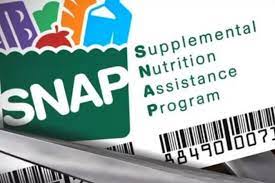Whether a person on an F1 student visa who is receiving Supplemental Nutrition Assistance Program (SNAP) benefits for their U.S.-born baby is required to disclose this information on their tax return depends on various factors.
In general, U.S. tax law requires individuals to report all sources of income, including government benefits, on their tax returns. However, there are some exceptions for non-citizens. For example, non-citizens who are in the United States on student visas (such as the F1 visa) may be considered nonresident aliens for tax purposes and may only be required to report their U.S. income.
If the person on the F1 student visa is considered a nonresident alien, they may not be required to report their SNAP benefits as income on their U.S. tax return. However, it is always a good idea to consult a tax professional to determine whether this is the case and to ensure that their tax return is accurate and complete.
In addition, if the person on the F1 student visa is also receiving other sources of income, such as wages or scholarships, they may need to report this income even if they are considered a nonresident alien for tax purposes.
It is important to note that receiving SNAP benefits could impact an individual’s immigration status. Therefore, it is important to seek the advice of an immigration attorney before applying for any government benefits.
In conclusion, whether a person on an F1 student visa who is receiving SNAP benefits for their U.S.-born baby is required to disclose this information on their tax return depends on various factors, including their tax status as a resident or nonresident alien. To ensure that their tax return is accurate and complete, it is always a good idea to consult a tax professional.

